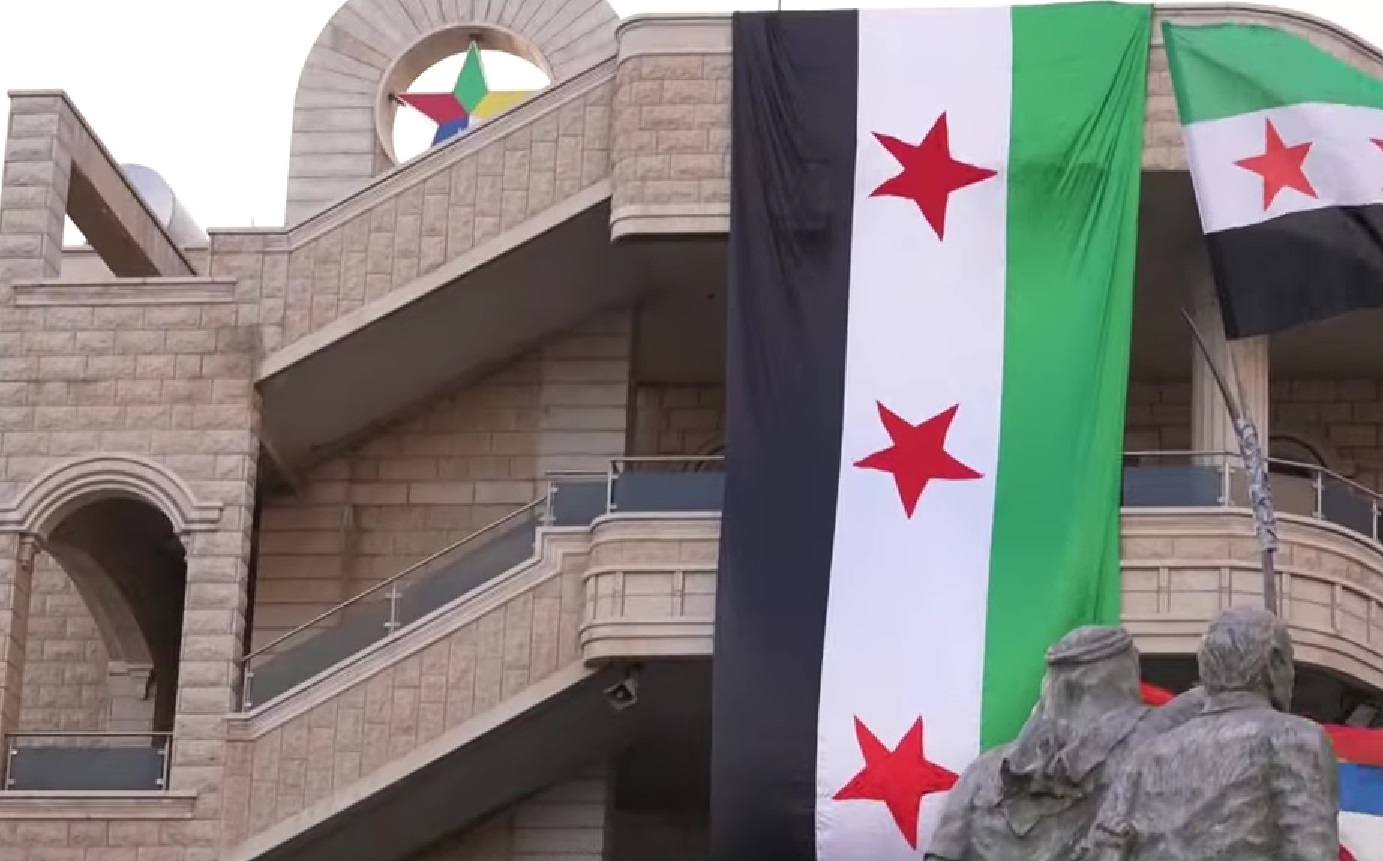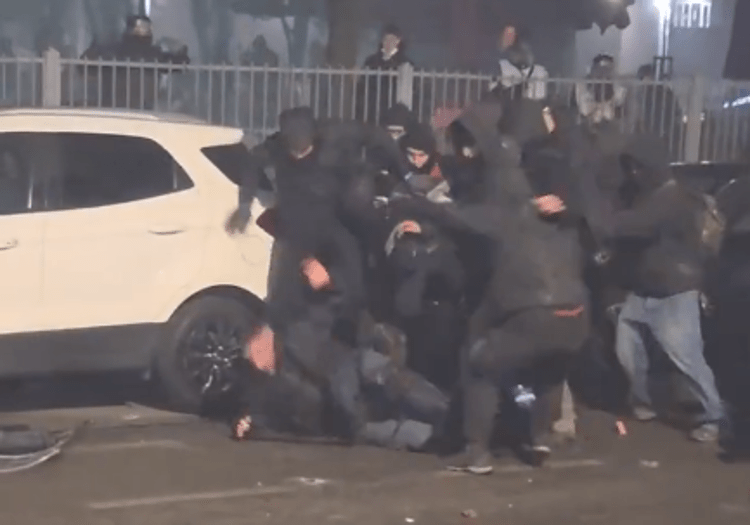
Post-Assad Syria: the future of governance in the hands of Hayat Tahrir al-Sham
After the fall of Assad, the Hts-led rebel coalition faces the challenge of governance, between political inclusiveness and fears of authoritarianism
The fall of Bashar al-Assad’s regime marked a turning point for Syria, but now for the coalition of rebel groups, led by Hayat Tahrir al-Sham (Hts), the most difficult phase begins: the reconstruction of the country and the management of the new governance. The lightning offensive against Assad’s forces has led to the collapse of the regime, but the real challenge for Hts will be to demonstrate its ability to govern a multi-ethnic and multi-faith territory, guaranteeing political representation and stability.
Inclusiveness and pluralism: challenges for Hts
Hts, once affiliated with extremist groups such as al-Qaeda, has disavowed its radical origins to position itself as the leader of the new Syria. The group has spread reassuring messages, promising political inclusiveness and protection for all minorities in the country. However, the Washington Post emphasises that Hts will have to consolidate its control over a diverse set of rebel forces, avoiding the risk of replacing Assadist authoritarianism with its own form of absolute rule.
The role of Abu Mohammed al-Jawlani
One of the biggest questions concerns the future role of Abu Mohammed al-Jawlani, leader of Hts. Jawlani, described as an opportunist with many ‘makeovers’, has disavowed links to ISIS and al-Qaeda and seeks to present himself as a moderate. Analysts, such as Aaron Zelin of the Washington Institute, argue that the future of the country will depend on whether he insists on having the final say or stays in the background to foster real pluralism.
The situation in Damascus and Aleppo
In Damascus, Hts forces are gradually replacing those of the old regime. Mohammed Abdulrahman, former interior minister of the Idlib salvation government, has taken over the ministry, while Ahmed Badawi, media advisor, has assured that there will be ‘coordination’ with elements of the old regime. In Aleppo, conquered a week before Damascus, public services were quickly restored and signs of a governmental organisation emerged under the leadership of Hts.
Reconstruction and future prospects
Despite controlling much of the country, Hts still faces many challenges. The group’s technicians have already been transferred from Aleppo to Damascus to rebuild state institutions, while some ministers of the old regime have been kept in their posts. However, analysts warn that the Hts governance model, developed in Idlib, has not yet reached acceptable democratic standards. Prime Minister Mohammed al-Bashir, appointed by Jawlani, has declared that he will only remain in office until March, leaving the country’s political future hanging in the balance.
THE LATEST NEWS
-

 Salute17 ore ago
Salute17 ore agoAlzheimer, dalla WashU un test sangue predittivo
-

 Primo Piano16 ore ago
Primo Piano16 ore agoCrans-Montana, italiani feriti raccontano: porte sbarrate e fuga proprietaria
-

 In Evidenza17 ore ago
In Evidenza17 ore agoTrump: pubblicare i file su Ufo e vita aliena
-

 Spettacolo16 ore ago
Spettacolo16 ore agoAddio ad Angela Luce, icona di cinema, teatro e musica napoletana





















